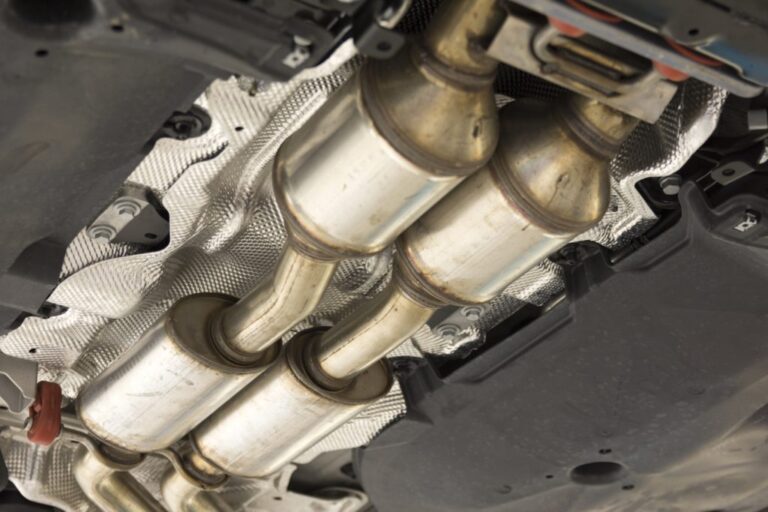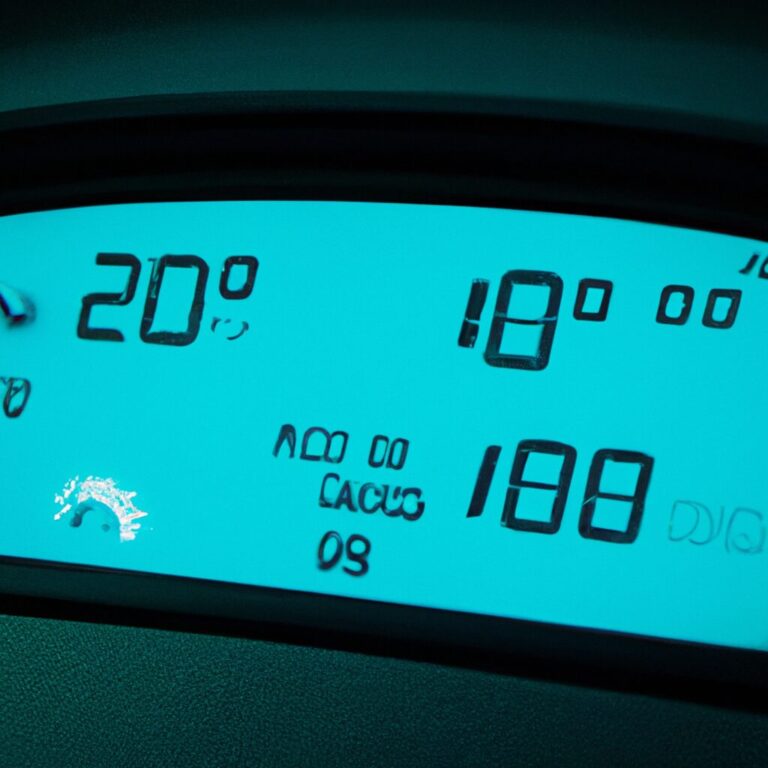How to Pick a Car Battery
To pick a car battery, consider your vehicle’s specifications and choose the right size and power rating for optimal performance. Matching the group size, cold cranking amps, and reserve capacity to your car’s requirements is crucial for a suitable replacement.
The battery’s lifespan, maintenance needs, and warranty should also be considered. Selecting the right car battery is essential for ensuring your vehicle’s reliable performance. With various factors to consider, such as size, power rating, and longevity, finding the best fit can be overwhelming.
However, by understanding your car’s specifications and requirements, you can make an informed decision. This guide will help you navigate the process of picking a car battery that meets your vehicle’s needs, ensuring efficient and dependable operation.
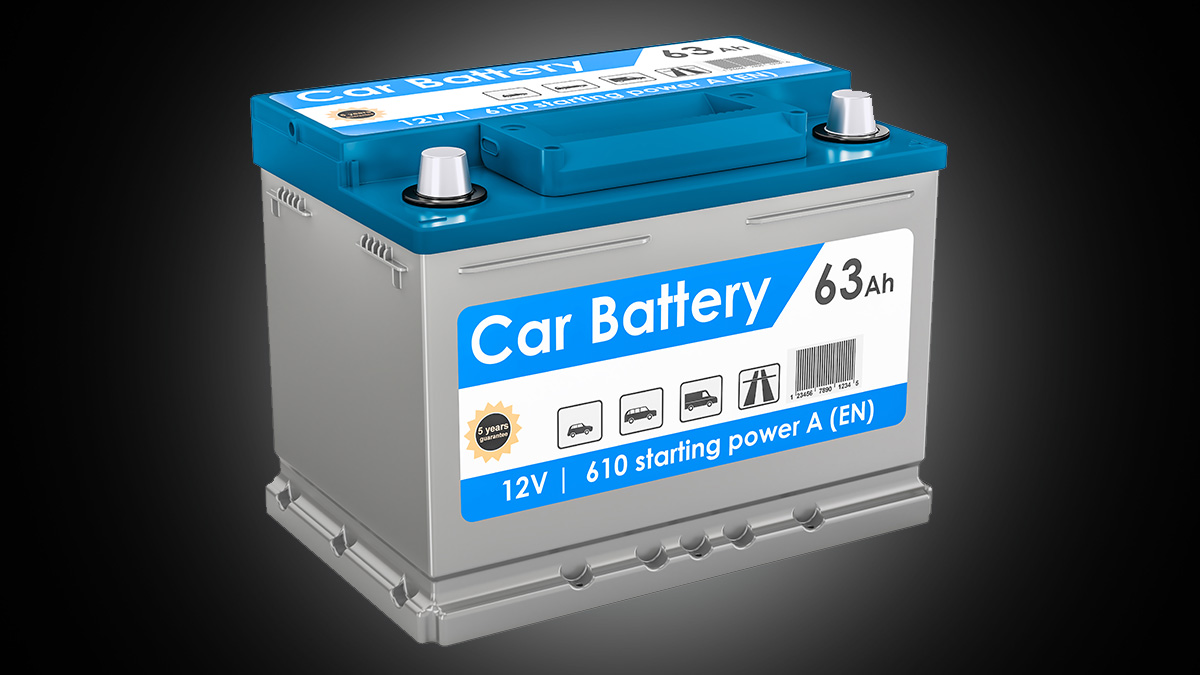
Credit: blog.amsoil.com
Importance Of Choosing The Right Car Battery
Selecting the right car battery is crucial for optimal vehicle performance and longevity. A suitable battery ensures smooth starting, electronic functionality, and efficient fuel consumption. It is essential to consider factors like size, capacity, and type before making a choice.
Key Role In Vehicle Performance
Choosing the right car battery plays a crucial role in the overall performance of your vehicle. A car battery is responsible for providing the necessary electrical power to start your engine, operate the various electronic systems, and ensure a smooth and reliable driving experience. It serves as the heart of your vehicle’s electrical system, allowing your car to function properly and efficiently.
Impacts On Longevity And Reliability
The car battery you select can greatly impact the longevity and reliability of your vehicle. A high-quality battery that matches the specifications and requirements of your car will not only enhance its lifespan but also ensure that you can depend on your vehicle to start every time without any issues. On the other hand, choosing a battery that does not meet the electrical demands of your car can lead to frequent breakdowns, decreased performance, and even potential damage to other components.
By investing in the right car battery, you can avoid unnecessary hassle, expenses, and inconveniences. A reliable battery ensures that your car is always ready to go, even in extreme weather conditions, and reduces the risk of being stranded due to a dead battery. It also contributes to the overall safety of your vehicle by providing power to essential features such as lights, airbags, and traction control systems.
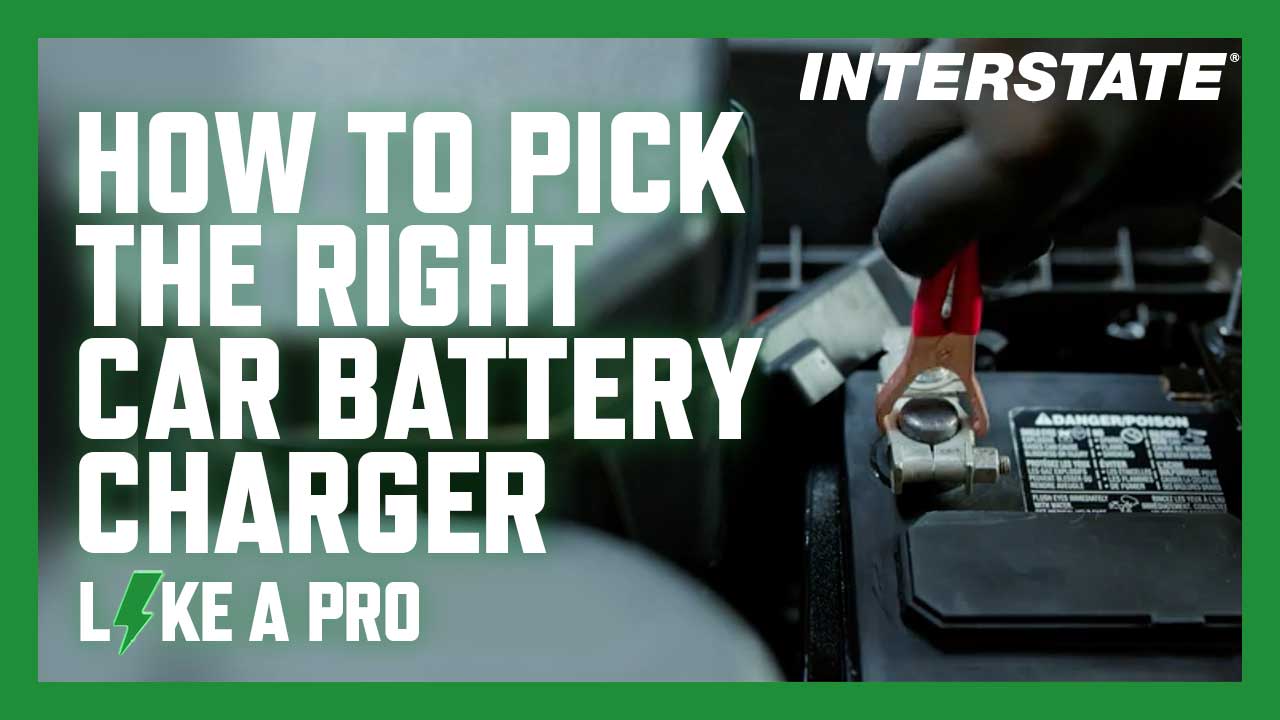
Credit: www.interstatebatteries.com
Factors To Consider When Selecting A Car Battery
Choosing a car battery requires considering factors such as the type and size of the battery, the climate you live in, its reserve capacity, and warranty. It’s essential to take these factors into account to ensure a reliable and long-lasting battery for your vehicle.
Factors to Consider When Selecting a Car Battery When it comes to selecting a car battery, several key factors should be taken into consideration to ensure optimal performance and compatibility with your vehicle. Understanding the significance of battery size and fit, cold-cranking amps (CCA) rating, reserve capacity (RC), and maintenance requirements is essential for making an informed decision.Battery Size And Fit
The first consideration when choosing a car battery is the size and fit. The battery must match the dimensions and terminal placement of your vehicle to ensure a proper fit. It’s crucial to consult your car’s manual or consult with a professional to determine the correct size and fitCold-cranking Amps (cca) Rating
Another critical factor to consider is the cold-cranking amps (CCA) rating. This rating indicates the battery’s ability to start your car in cold temperatures. A higher CCA rating is crucial for colder climates, as it ensures the battery can deliver sufficient power to start the vehicle in sub-zero conditions.Reserve Capacity (rc)
The reserve capacity (RC) of a car battery refers to the duration it can provide a constant supply of power in the event of an alternator failure. A higher RC rating indicates a longer-lasting battery and can provide peace of mind in case of emergency situations.Maintenance Requirements
Consider the maintenance requirements of the battery. Opt for a maintenance-free or low-maintenance battery to minimize the need for regular upkeep, such as adding water or cleaning terminals. By considering these crucial factors, you can select a car battery that is well-suited for your vehicle’s requirements and ensure long-lasting, reliable performance.Types Of Car Batteries Available
When it comes to picking a car battery, it’s essential to understand the different types available in the market. Each type has its own set of advantages and applications, so knowing the differences can help you choose the best one for your vehicle.
Lead-acid Batteries
Lead-acid batteries are the most traditional and widely used type of car batteries. They are known for their affordability and reliability. These batteries utilize a chemical reaction involving lead dioxide and lead to produce the necessary power for the vehicle.
Lithium-ion Batteries
Lithium-ion batteries are gaining popularity due to their lightweight and high energy density. They are often found in hybrid and electric vehicles due to their ability to store and release energy efficiently. These batteries require specific management systems to ensure their safety and longevity.
Absorbent Glass Mat (agm) Batteries
AGM batteries are known for their superior performance and durability. They use a fiberglass mat to absorb the electrolyte, which provides a spill-proof and maintenance-free design. These batteries are ideal for vehicles with high energy demands, such as those with advanced electrical systems or aftermarket accessories.
Common Car Battery Issues And Solutions
When it comes to car battery issues, it’s essential to understand the common problems that can arise and the solutions to overcome them. By being aware of these issues, you can take proactive measures to ensure the longevity and efficiency of your car battery. In this section, we will explore the three most common car battery issues: corrosion buildup, sulfation, and overcharging/undercharging. Let’s dive in!
Corrosion Buildup
Corrosion buildup is one of the most prevalent issues that car batteries face. Over time, a white, powdery substance can accumulate on the battery terminals, hindering the flow of electricity. This buildup can cause poor electrical connections, leading to difficulties in starting your vehicle or even complete battery failure.
To combat corrosion buildup, regular maintenance and cleaning are essential. Here’s a step-by-step guide to help you:
- Start by disconnecting the battery cables. Remember to remove the negative cable first.
- Inspect the battery terminals for any signs of corrosion. If you notice a white, powdery substance, it’s an indication of buildup.
- Prepare a solution of baking soda and water. This mixture effectively neutralizes the corrosive acid.
- Carefully clean the battery terminals using a wire brush dipped in the baking soda solution. Ensure that the brush reaches all the nooks and crannies of the terminals.
- Rinse off the baking soda residue with clean water.
- Dry the terminals thoroughly and apply a thin layer of petroleum jelly or battery terminal grease to prevent future corrosion.
- Reattach the battery cables, starting with the positive cable followed by the negative cable. Ensure they are tightened properly.
Sulfation
Sulfation occurs when lead sulfate crystals accumulate on the battery plates, reducing its capacity to hold a charge. This issue often arises from prolonged battery discharges or insufficient charging. If left unaddressed, sulfation can lead to permanent battery damage and ultimately result in battery replacement.
Fortunately, there are steps you can take to address sulfation:
- Utilize a battery desulfator: Battery desulfators are devices specifically designed to remove sulfate crystals from the battery plates. These devices send high-frequency pulses of energy through the battery, breaking down the crystals and rejuvenating the battery.
- Perform regular battery maintenance: By ensuring that your battery is consistently charged, you can prevent sulfation from occurring. Consider using a battery charger with a maintenance mode to keep your battery in optimal condition.
Overcharging And Undercharging
Overcharging and undercharging are common problems that can significantly impact the lifespan of your car battery. Overcharging leads to excessive heat generation and the production of harmful gases, accelerating battery degradation. On the other hand, undercharging can result in sulfation and decreased battery capacity.
To avoid these issues, follow these guidelines:
- Ensure you have the correct charging voltage: It’s essential to use a charger that matches the voltage requirements of your battery. Consult your vehicle’s manual or a professional mechanic to determine the appropriate charging voltage.
- Avoid leaving your battery in a discharged state: If you’re not using your vehicle for an extended period, consider connecting it to a battery maintainer to keep the charge level optimal.
- Regularly inspect and clean your battery terminals: By keeping your terminals clean and free from corrosion, you can ensure a proper electrical connection, reducing the risk of overcharging or undercharging.
By addressing these common car battery issues promptly and taking the necessary preventive measures, you can prolong the life of your battery and ensure your vehicle starts reliably. Regular maintenance, cleaning, and using the right charging techniques are key to maintaining a healthy car battery.
Tips For Maintaining Optimal Car Battery Performance
To ensure optimal car battery performance, follow these essential tips: Select a battery that aligns with your vehicle’s specifications. Regularly inspect and clean the battery terminals and cables. Keep your car battery charged and connected to a maintenance charger when not in use to prevent deterioration.
Regular Inspections
Inspect your car battery regularly to ensure it is free from corrosion and securely in place.
Proper Charging
Charge your car battery correctly and avoid overcharging to prevent damage and maintain performance.
Avoiding Deep Discharges
Avoid letting your car battery fully discharge as it can shorten its lifespan and lead to issues.
Storage Precautions
When storing your car battery, keep it in a cool, dry place away from extreme temperatures.
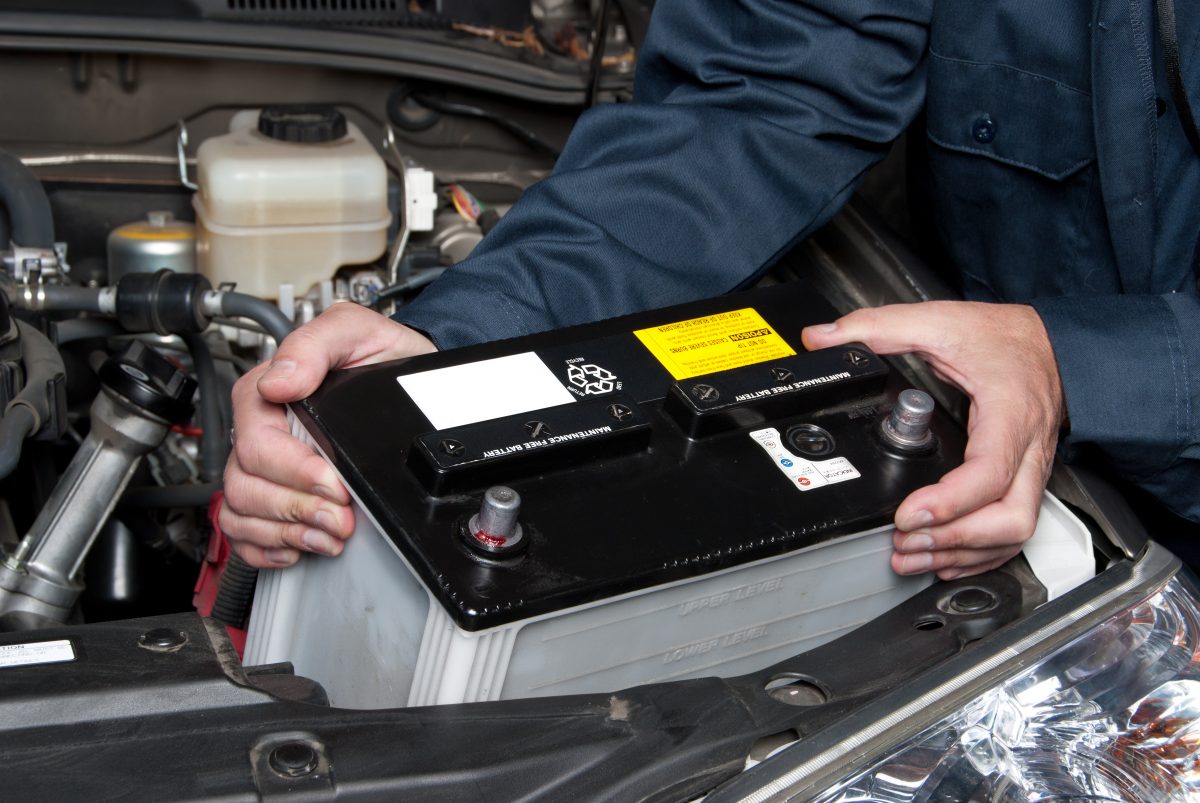
Credit: blog.amsoil.com
Frequently Asked Questions On How To Pick A Car Battery
How Do I Know What Battery To Buy For My Car?
To determine the right battery for your car, check the owner’s manual or consult with a professional. Consider the size, terminal type, and cold-cranking amps suitable for your vehicle. It’s crucial to choose a battery that meets your car’s specifications for optimal performance.
How Do You Know A Good Car Battery?
A good car battery can be identified by its long lifespan, quick start-up, and consistent performance. It should have a high cold cranking amps (CCA) rating and a reliable warranty. Additionally, regular maintenance and proper installation are essential for optimal battery health.
Does It Matter What Type Of Battery You Use For Your Car?
Yes, it matters what type of battery you use for your car to ensure proper performance and longevity.
What Specs Should I Look For In A Car Battery?
When choosing a car battery, consider the size, type, cold-cranking amps, reserve capacity, and warranty.
What Factors Should I Consider When Selecting A Car Battery?
When choosing a car battery, focus on your vehicle’s requirements, brand reputation, and warranty.
How Often Should I Replace My Car Battery?
Typically, car batteries last 3-5 years. Replace when signs of weakening occur.
Can Extreme Temperatures Affect My Car Battery’s Performance?
Yes, both hot and cold weather impact battery efficiency. Optimal climate is key.
Conclusion
To ensure a successful car battery purchase, keep in mind the factors discussed in this guide. Consider the battery’s size, type, and capacity, and check your vehicle’s specifications. Assess your driving conditions, warranty options, and budget to make a well-informed decision.
With these considerations in mind, you’ll be equipped to choose a car battery that meets your needs and ensures optimal vehicle performance. Don’t forget to regularly maintain and test your battery to maximize its lifespan.

